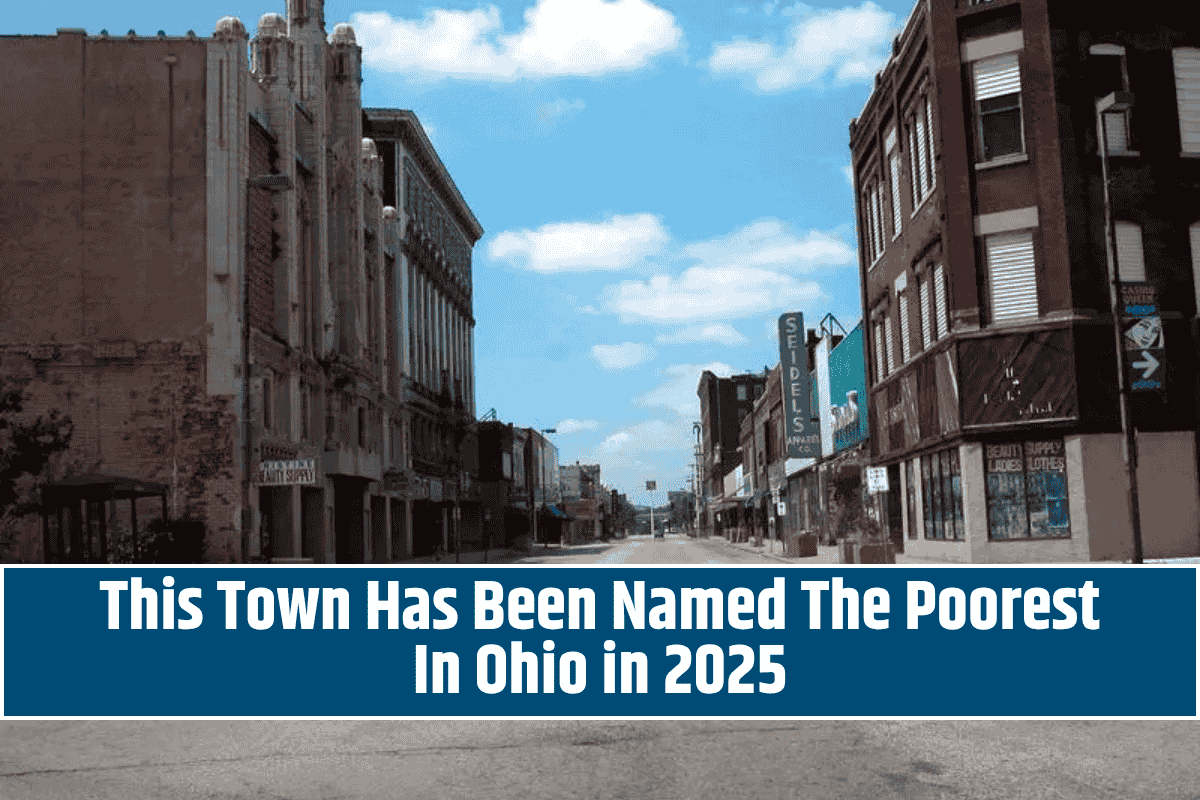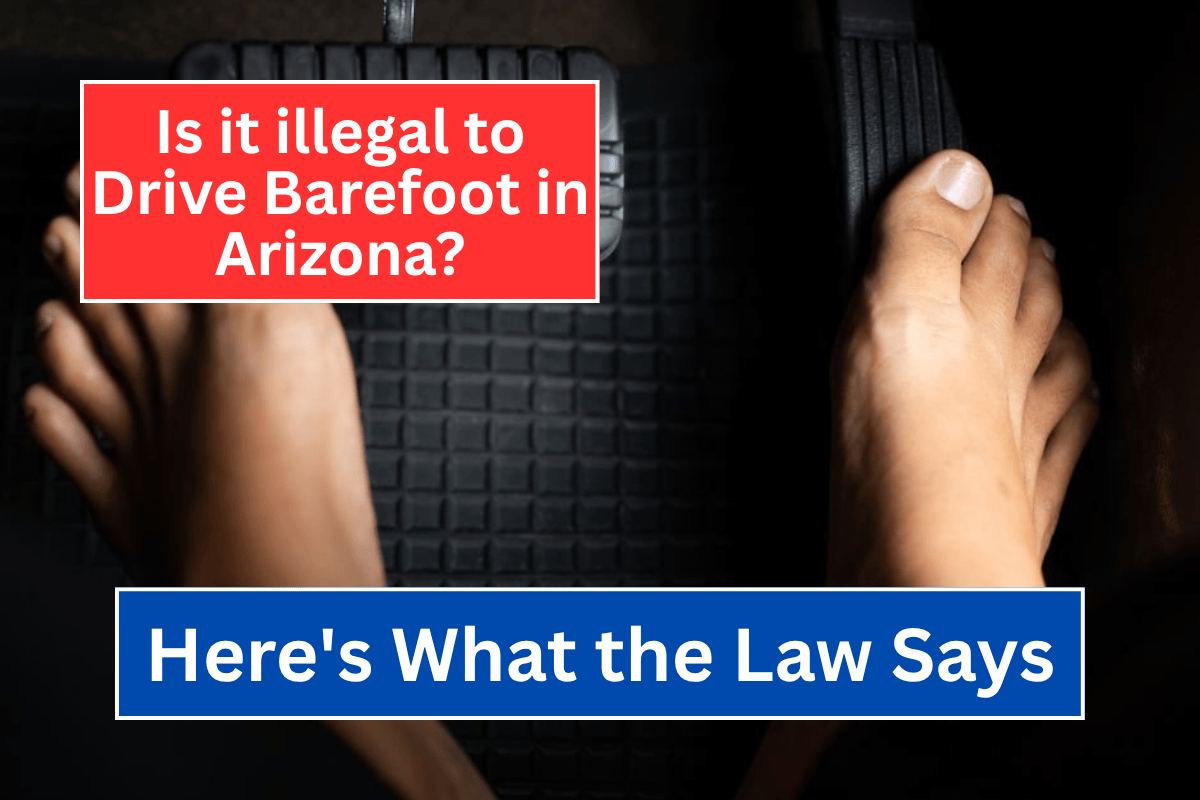Cyber charter schools in Pennsylvania continue to grow amid debate over their management and financial impact.
Recent discussions reveal that not all such schools operate under private management companies, with some becoming independent nonprofits benefiting local taxpayers.
What Happened
A recent letter to the editor addressed misconceptions about cyber charter schools in Pennsylvania. Contrary to some claims, not all public cyber charter schools are managed by outside companies.
For example, Commonwealth Charter Academy (CCA) ended its contract with a management firm in 2016 and became an independent, Pennsylvania-based nonprofit public school.
Key Details
- CCA’s transition to independence aimed to improve transparency and benefit both Pennsylvania students and taxpayers.
- The school no longer relies on external management companies, distinguishing it from other cyber charter models.
- Meanwhile, some traditional school districts have seen rising real estate taxes despite growing reserve funds. For instance, the Phoenixville Area School District’s property taxes increased by 17% over the past decade, while its reserve funds grew to more than $70 million, covering 67% of its annual spending.
Reactions or Statements
The letter’s author, a board president in a local school district, challenges critics to explain rising taxes despite substantial district reserves.
The message highlights ongoing concerns about fiscal management in traditional public schools compared to cyber charters.
Investigation or What’s Next
The debate over cyber charter schools in Pennsylvania remains active.
Policymakers and taxpayers continue to scrutinize the financial models of both cyber charters and traditional school districts.
Discussions about reforming cyber charter operations and funding are expected to persist in 2025.
FAQs
Q: Are all Pennsylvania cyber charter schools managed by private companies?
A: No. Some, like Commonwealth Charter Academy, operate independently without management companies.
Q: How do cyber charter schools impact local property taxes?
A: The impact varies. Some traditional school districts have increased property taxes despite growing reserves, while cyber charters aim to be more cost-effective.
Q: What benefits come from a cyber charter school becoming an independent nonprofit?
A: Greater transparency, potentially improved financial efficiency, and direct accountability to the state and taxpayers.
Q: What role do local school boards play in this debate?
A: Local boards oversee district finances and may question tax increases and reserve fund management compared to cyber charter models.
Q: Is reform needed for Pennsylvania’s cyber charter schools?
A: Many agree reform is necessary, but opinions differ on how to balance oversight, independence, and student needs.
Summary / Final Takeaway
Pennsylvania’s cyber charter schools, including independent nonprofits like Commonwealth Charter Academy, play a complex role in the state’s education landscape.
While cyber charters are sometimes criticized, their varied management structures and financial models challenge simple narratives.
Meanwhile, rising property taxes in traditional districts fuel ongoing debates about school funding fairness and reform.












